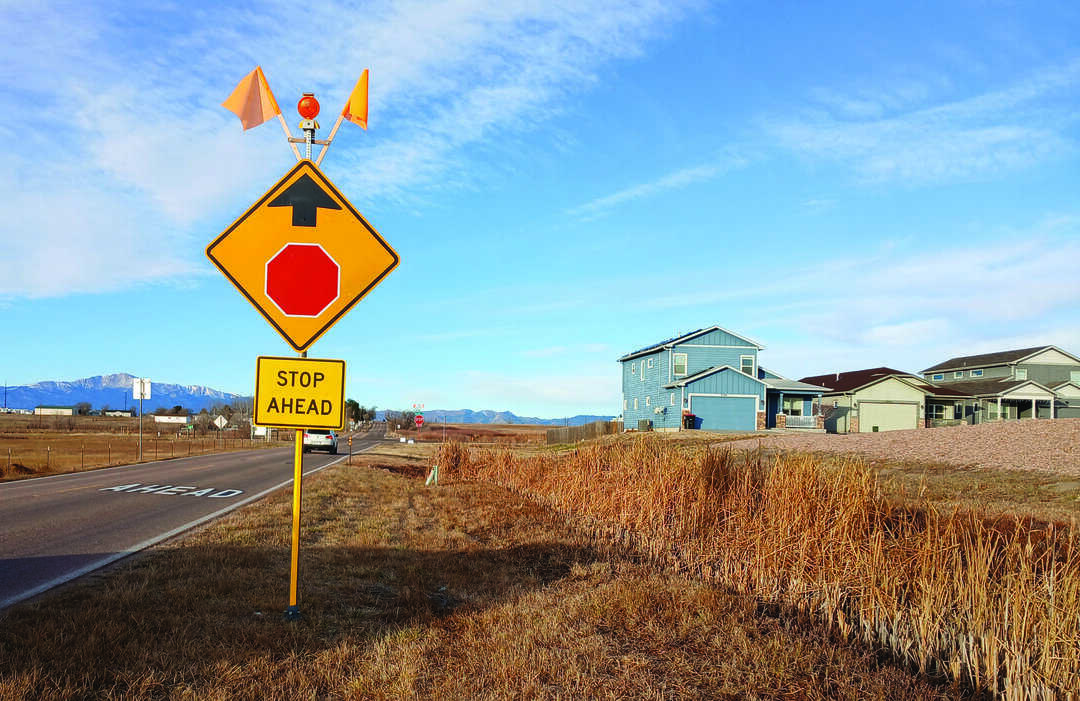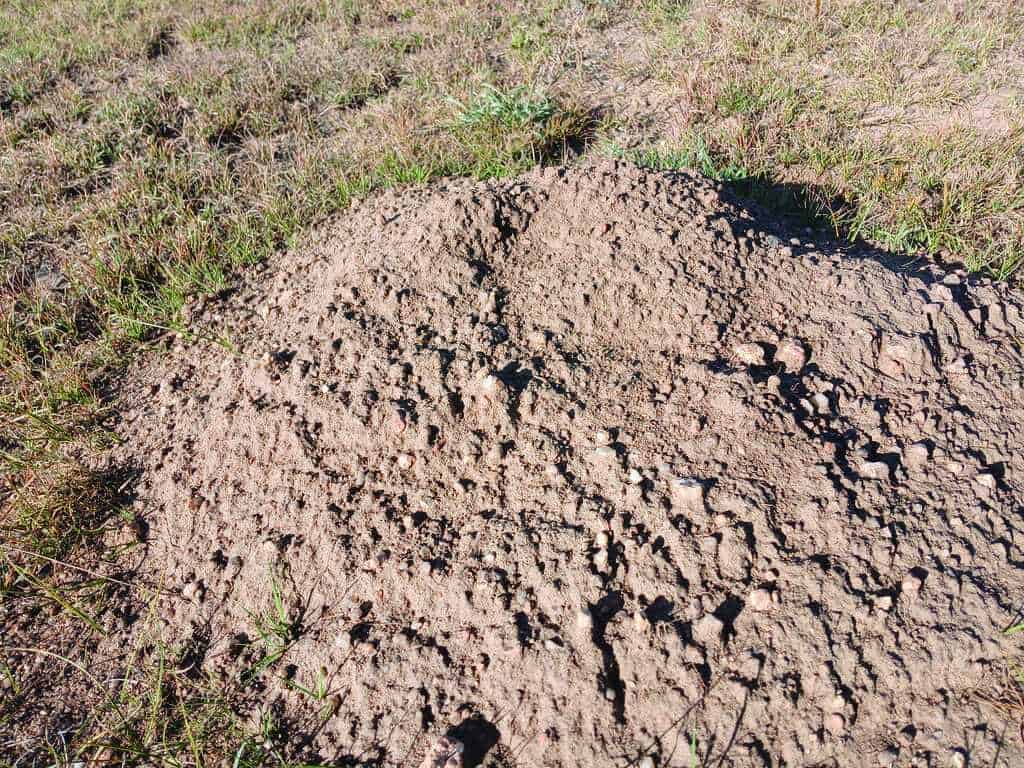I have chickens.Which means I have questions. Questions such as:What are we going to do with all these roosters?Last year, we let a determined mom-to-be remain sitting on a collection of eggs; the result was four chicks. (The eggs were not all hers, so the babies weren’t all hers either, but she protected and nurtured them all.) We were hoping none was a rooster, as we already have one, but we knew the odds were not in our favor. And, sure enough, two have grown up to be spectacular-looking roosters.The trouble is, roosters are territorial and are likely to fight. You also want a certain rooster-hen ratio; the MyPetChicken blog, which has a post titled “5 rules for keeping multiple roosters,” suggests 10 or 12 hens per rooster so the hens donít get too beat up by the rooster. We now have three roosters and 16 hens, so we don’t come close to that rule.Roosters raised together establish a pecking order as they grow up, the blog notes. So the two new boys may figure out who’s boss between them. But our original rooster has made it clear he intends to rule the roost, breaking up a spat when the two younger boys quarrel and running them off if they try to mate with one of the original hens. The two groups are isolated at night, with most of the chickens in Coop A and the new family group in Coop B, but they all intermingle during the day. One chicken breeder I know keeps her “excess” roosters together in their own bachelors’ quarters away from the hens; without hens to claim their own, the roosters are more likely to get along. I can just picture them hanging out in the rooster bar sharing stories of love lost.Why is our first rooster such a jerk?I understand that roosters, as I already mentioned, are territorial and protective of “their” girls. So I can understand why our first rooster (let’s call him Rooster A) might attack me if he thought I was a threat or if he wanted to make clear he was in charge. What drives me crazy is when I am nowhere near the flock and tending to some task, only to have him come out of nowhere and attack me from behind. In my mind, he’s just being a jerk. Judging from the number of posts you can find online beginning with “My rooster is a jerk” or “My rooster is a (word I can’t use in The New Falcon Herald), I’m hardly alone.From my research into rooster behavior, it appears that if you walk away or retreat, the rooster sees that as a victory and wants to seal that victory with a show of force. You’re encouraged to stand your ground (perhaps with a garbage can lid as your shield)! And then maybe chase the rooster off or even grab him and carry him around like a football (and resist the urge to kick him like a football).Rooster A was a lot more mellow over the winter; apparently, when spring is in the air and hens are laying more, roosters get more riled up.How do hens decide where they are going to lay their eggs?We have three nesting boxes in Coop A and another three in Coop B; the hens generally use the nesting boxes, though on rare occasions I have found an orphan egg out on the ground. Even with a multitude of nesting boxes, all the hens may choose to use just one. It’s apparently a case of monkey see, monkey do, only with hens instead of monkeys. As Tillysnest.com explains, the hens “trust their flock mates so much that they put value on where their fellow hens decided to lay their eggs earlier in the day. The hens simply agree with the earlier egg laying hens and add their eggs to the clutch in one nesting box.”There seems to be no pattern with our hens, though. Sometimes I will open a nesting box and find an impressive collection of eggs from the various hens; the other day, though, I found a single egg in each of the nesting boxes of Coop B. And while, as I noted, most of the chickens sleep in Coop A, I never know whether I’m going to find their eggs there or in Coop B. Maybe they have some elaborate spreadsheet they go by.The girls, by the way, got back to action earlier this year than past ones. Before, we could rely on our hens shutting down egg production in early November and not starting up until mid-February. This winter, a few dogged chickens continued to lay an egg here and there, and production ramped up before January came to a close. So, eggs aplenty.





